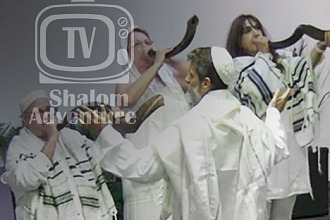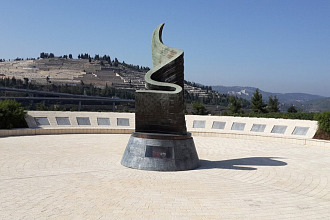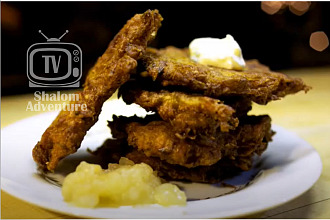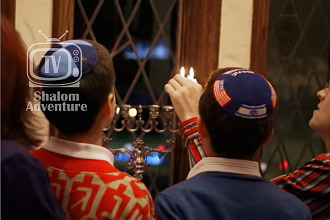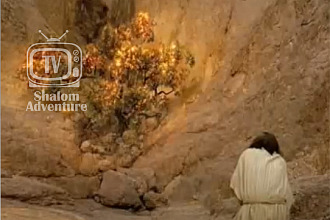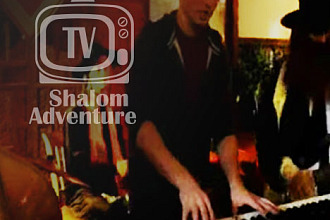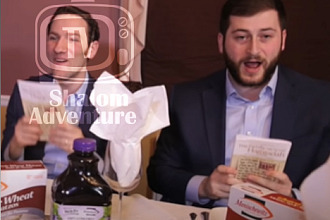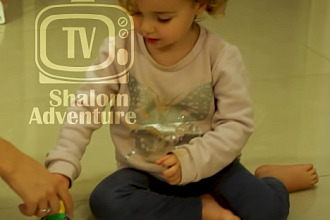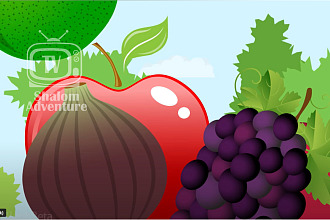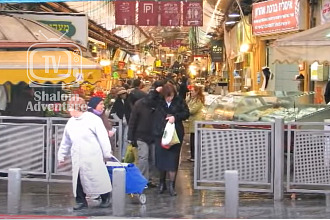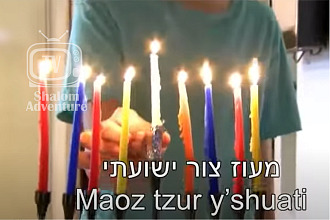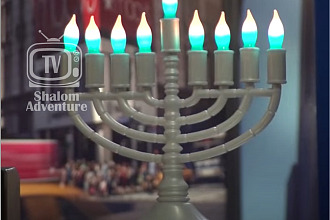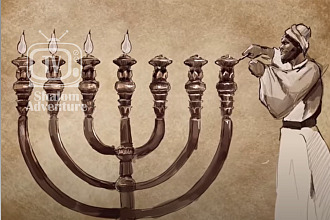The Jewish new year is not just a stereotypical December 31 gathering -- with champagne, sparkling grape juice, streamers, confetti -- and otherwise generally a good time to stay off the roads and stay home. It is a much more solemn occasion steeped in centuries of tradition.
Besides enjoying traditional foods, many Jewish people go to synagogue at this time of year, even if they have minimal interest in attending synagogue the rest of the year.
The Shofar
One will hear the blowing of the shofar, the horn of a kosher animal -- such as a ram -- with the marrow removed, not once, but hundreds of times. It is a trumpet call to uplift God and reaffirm His sovereignty over all the earth, a call to awaken those who may be slumbering into complacency that Yom Kippur is near. It is a time to repent any unconfessed sins before the books are sealed and a call to return to God and His commandments in preparation for the final trumpet call on the great day of the Messiah’s return.
Prayer and Reflection
This time of year is also intensely focused on prayer, reflection, thanksgiving, and how one can be a better blessing to the community in the next year.
So it may not be the stereotypical December 31 celebration, but Rosh Hashanah is still a special and highly anticipated time of year.




